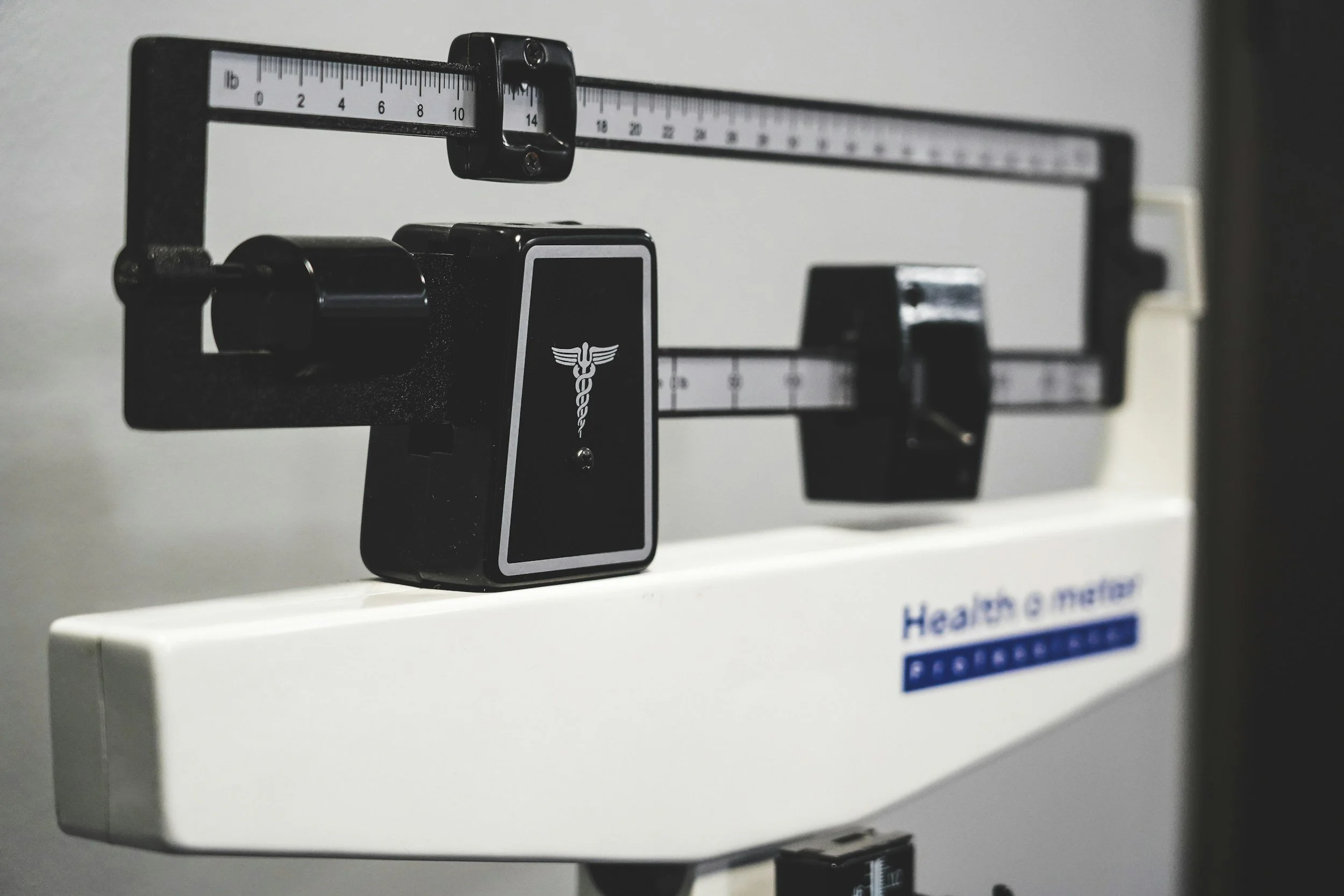How to Support Someone with an Eating Disorder
How to Support Someone with an Eating Disorder
Written by Lily Thrope
If you are reading this blog, you might have a friend, family member, or loved one who has an eating disorder. The desire to support them is there, but finding the right words and actions can be scary and uncertain.
However, your role as a support person is invaluable – research consistently shows that strong support systems significantly improve recovery outcomes for individuals with eating disorders.
Understanding how to be there for someone with an eating disorder isn't always intuitive, but with compassion, patience, and the right resources, you can make a meaningful difference in their path to recovery.
Approach Conversations with Care
The most important thing you can do to support someone with an eating disorder is to approach conversations with patience, love, and kindness. Eating disorders carry a massive amount of shame and stigma, and it is crucial to convey empathy to this person.
Use non-judgmental and compassionate language, like You are worthy or Your feelings are valid. Remember, having someone supportive and loving is crucial to the individual’s recovery.
Educate Yourself
Eating disorders are complex mental health conditions that can have severe psychological, psychical and emotional impacts. They are often misunderstood, which can lead to misconceptions about who can struggle with an eating disorder.
It can be helpful to educate yourself about eating disorders where you can. You don’t have to have all the answers, but it is helpful to know the facts.
Respect Their Boundaries
Be sure to respect your loved one’s boundaries and autonomy. Avoid food policing, making comments about the person's body, and talking about weight, shape, or size.
Also, keep in mind that recovery is not linear. Your loved one may relapse, and it is more important than ever to be by their side during that time.
Encourage Professional Help
Encourage your loved one to get professional help if they haven't already. Do not impose treatment, but instead emphasize the value of counseling and support.
Take Care Of Yourself Too!
Supporting someone with an eating disorder can be extremely taxing, so do not forget to take care of yourself in this process. If you find yourself overwhelmed, try to incorporate self-care techniques and wellness into your life.
If you are seeking more support, consider speaking to a mental health professional. Schedule your free 15-minute consultation today. Please email us with any questions or inquiries at hello@thropetherapy.com.




